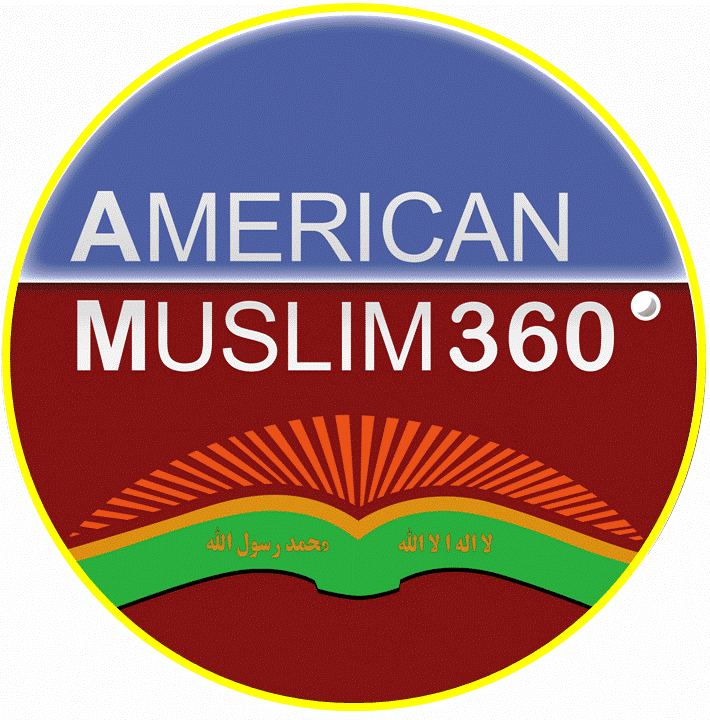“We have indeed created man in the best of molds. Then do We abase him (to be) the lowest of the low. Except such as believe and do righteous deeds: for they shall have a reward unfailing.”The Glorious Qur’an, At-Tin: 95
“We hold these truths to be self-evident, that all men are created equal, that they are endowed by their Creator with certain unalienable Rights, that among these are Life, Liberty and the pursuit of Happiness.” In Congress, July 4, 1776, The Unanimous Declaration of the Thirteen United States of America
Organizations face risks each day and while there are tools to minimize the consequences of risks such as self, commercial insurance and board of director liability insurance, there are actually only two ways of dealing with risk:
1. Manage risks; or
2. Eliminate risks.
Knowing the difference between the two approaches is a function of competent leadership.
Usually, when the topic of risks arises, we usually think accident or injury or some act has placed the institution at risk for litigation. Regardless of the circumstance, most consequences from risks can be managed or effectively eliminated with forethought. Forethought is a hall mark of competent leadership and it doesn’t have to be 20/20 to be very effective in keeping the organization out of hot water.
Today, we’re going to briefly discuss a certain type of risk that slowly attacks the very identity of your organization—the risk of foreign influence. When I say foreign influence, I am referring to a sort of gradual incursion of very different values, interpretation, and culture that is fundamentally different from the organization’s current values, beliefs and culture. The term foreign as used in this article refers to the virtual virus-like approach of taking over an organization’s basic leadership structures to recreate an organization that would be unrecognizable by its current founders or supporters.
Of course, over time, every organization like an individual, changes or evolves based on the times, the issues, the group intellect, new technologies, etc. Normal organizational evolution is not what I’m referring to. I’m talking about changing the very DNA of an organization such that it no longer resembles an institution established upon fundamentally accepted principles and values of the current body of members that support that institution.
Let’s use an example. Our country has changed considerably since its founding. But, its governing constitution and other supporting documents and established institutions have been ingrained with certain elements that retain the principles of being a democratic republic. Now as individual human beings, we don’t always live up to our or others’ expectations. It should not be expected that any group comprised of fallible individuals will always be perfect in upholding the best standard.
However, that’s why the organization as an entity must always have an unchanging compass with respect to its values and aspirations. Moreover, those ideal values and aspirations should be ingrained in the organization’s governing documents to hold the individuals over a perpetual period of time accountable to the ideal standard or state of operations.
Think of your governing documents and the supporting operating guidelines and institutions established to undergird your government as vaccinations against foreign incursion of ideas fundamentally antithetical to what your organization stands for.
Leaders can eliminate and manage the risks of foreign incursion through its everyday practices, institutions and governing documents. Ironically, institutions that have strong safeguards in their documents can have more open environments that welcome contributions and interaction from a diverse group intellect. Think about our own country for a moment.
We have a history of being open to the world and such openness has attracted some of the best and brightest of the global intellect and their contributions have made our country a better place. We’re not afraid to let thinking people in. But, to lead this country as President of the United States, you have to be born here, Hawaii included (smile). Point is, manage the risk of foreign incursion by eliminating the possibility of foreign thinking and ideas leading your institution down a completely unwanted path, but don’t on the basis of fear, eliminate the benefits of the group intellect present already in your institution or city for fear of a takeover. In the end, foreign thinking is not a geographical reference. Foreign thinking represents any ideology that goes against your fundamental constitutional and community aspirations, values, and beliefs. To protect your community’s DNA in perpetuity, you have to put pen to paper and ingrain the standards in writing (including leadership restraints). Review your governing documents.
Left open for further thought and research…Peace until next time.
Sincerely & respectfully,
Mukhtar
follow on twitter
like on facebook
P.S. Ramadhan Mubarak (Blessed Ramadhan)…May the special days be a healing and portent of peace to all the lands.

